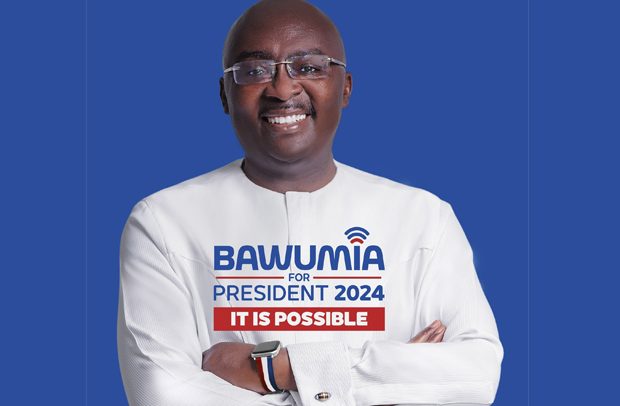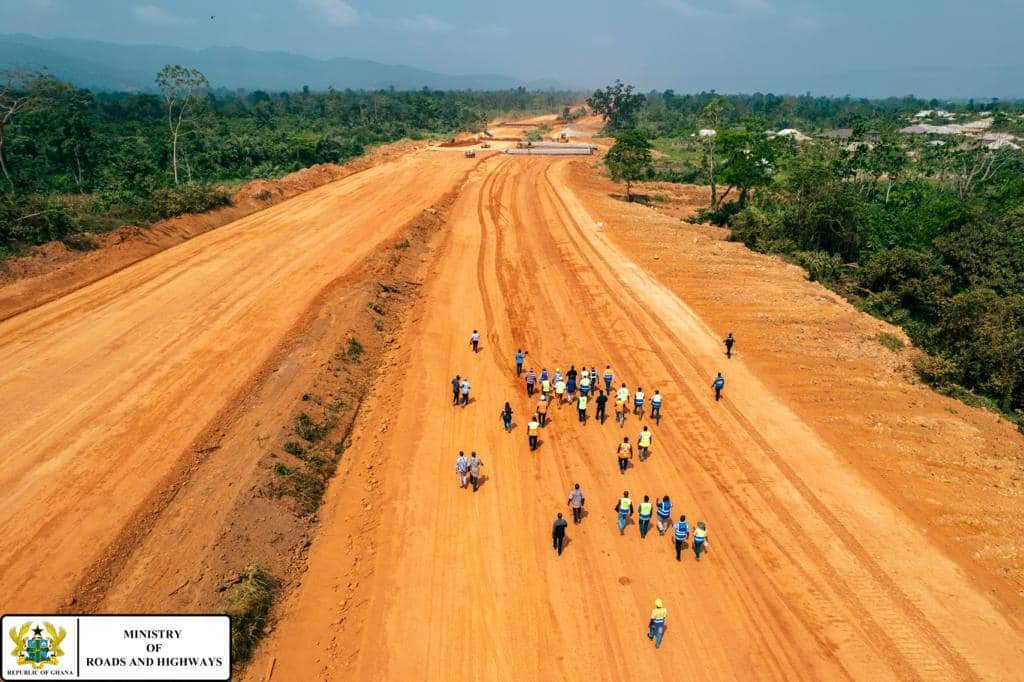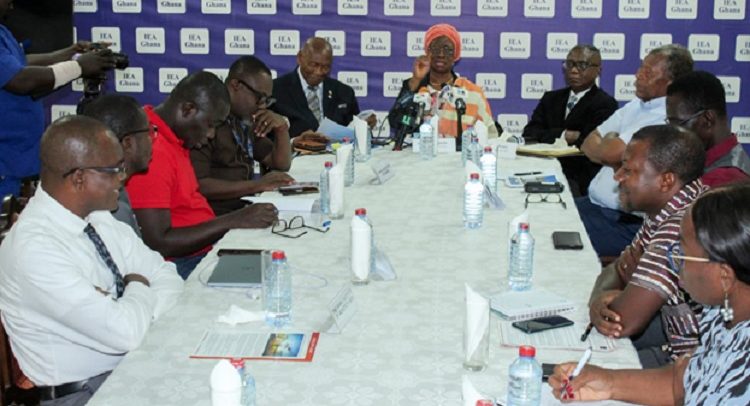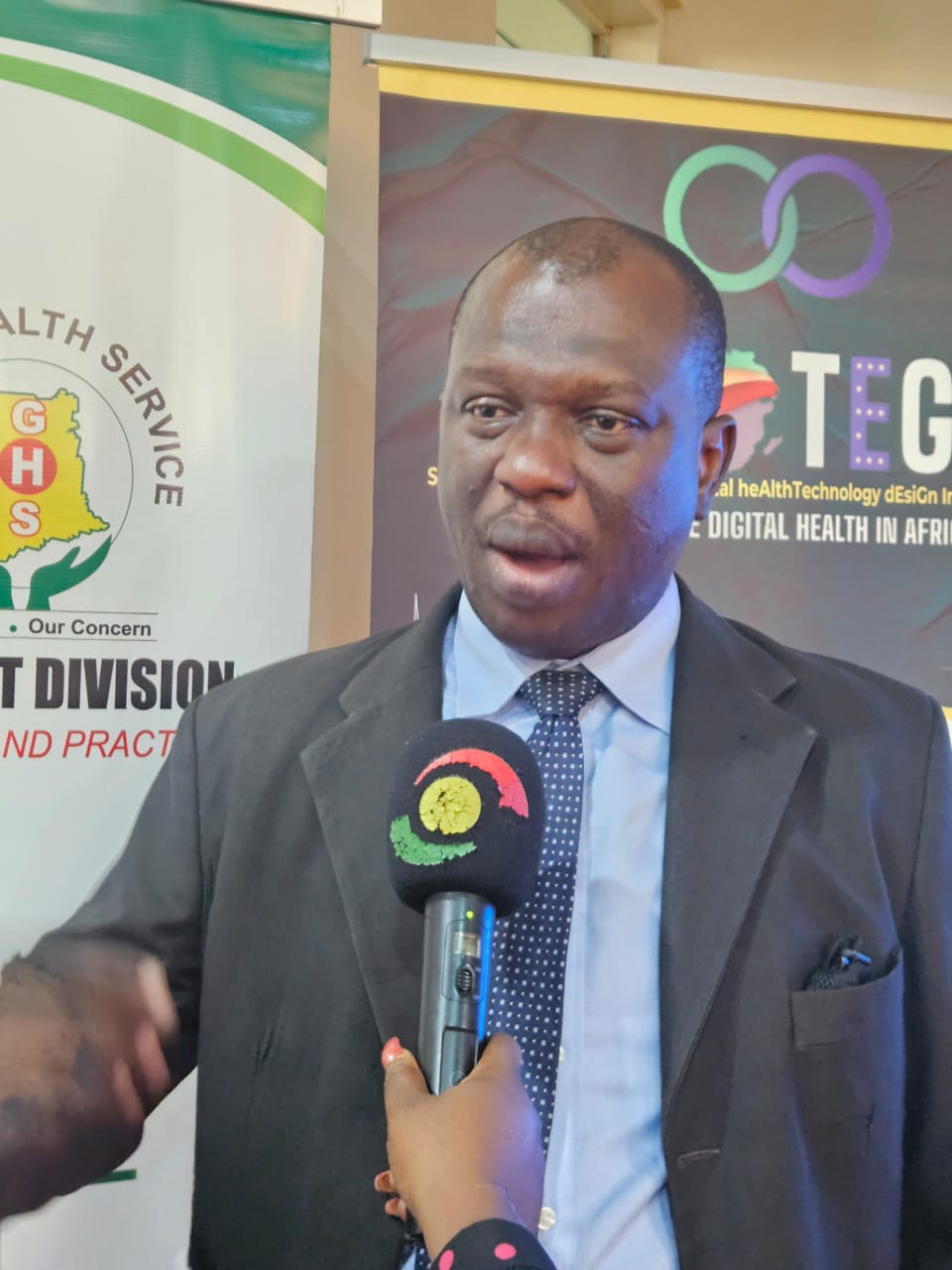
The domestic fiscal challenges have been framed largely as a matter of debt management and fiscal discipline.
Yet these are symptoms of a deeper structural flaw, that is, the state earns far too little from the natural resources that underpin its economy.
Historically, gold, and more recently, oil and gas account for the bulk of exports, but government revenue from these sectors remains meagre, relatively speaking.
Foreign companies dominate production, and while they repatriate substantial profits, the treasury is left with royalties and taxes that fall well short of the nation’s needs.
The Institute for Fiscal Studies (IFS) is right to argue that this imbalance is unsustainable. A country so rich in resources should not be so dependent on external borrowing to finance its budget.
The reliance on Eurobonds and multilateral support reflects a failure to maximise domestic wealth. The result is higher financing costs, persistent pressure on the cedi, and an economy vulnerable to commodity price swings and global market shifts.
Rebalancing does not mean shutting the door to foreign investment. Ghana’s oil and mining industries require the expertise and capital that international partners provide. But the fiscal framework must be recalibrated. New contracts should secure a larger state share of profits, and existing agreements; many signed under less transparent conditions, should be reviewed for fairness.
At the same time, resource governance needs to improve. Transparent revenue reporting, strengthened state institutions and credible oversight mechanisms are essential to ensure that proceeds flow into productive investment rather than leak through inefficiency or corruption.
The global examples are clear, take Botswana’s diamond revenues, for instance, which have helped build one of Africa’s most stable economies.
Norway channelled oil wealth into a sovereign fund that secures its long-term prosperity. Ghana, by contrast, continues to under-earn from its mineral wealth while borrowing at steep rates to plug fiscal holes.
Unless policy shifts, growth will remain fragile, public discontent will deepen, and investor confidence will waver. Ghana cannot afford to be a resource-rich nation where the wealth lies offshore and the debt piles up at home.
Correcting this imbalance is not only fair, it is a prerequisite for sustainable growth and financial stability.
Then again, it is 2025, and the above could well have been a lament from 2015.
The post Editorial: Rebalancing resource contracts appeared first on The Business & Financial Times.
Read Full Story



















Facebook
Twitter
Pinterest
Instagram
Google+
YouTube
LinkedIn
RSS